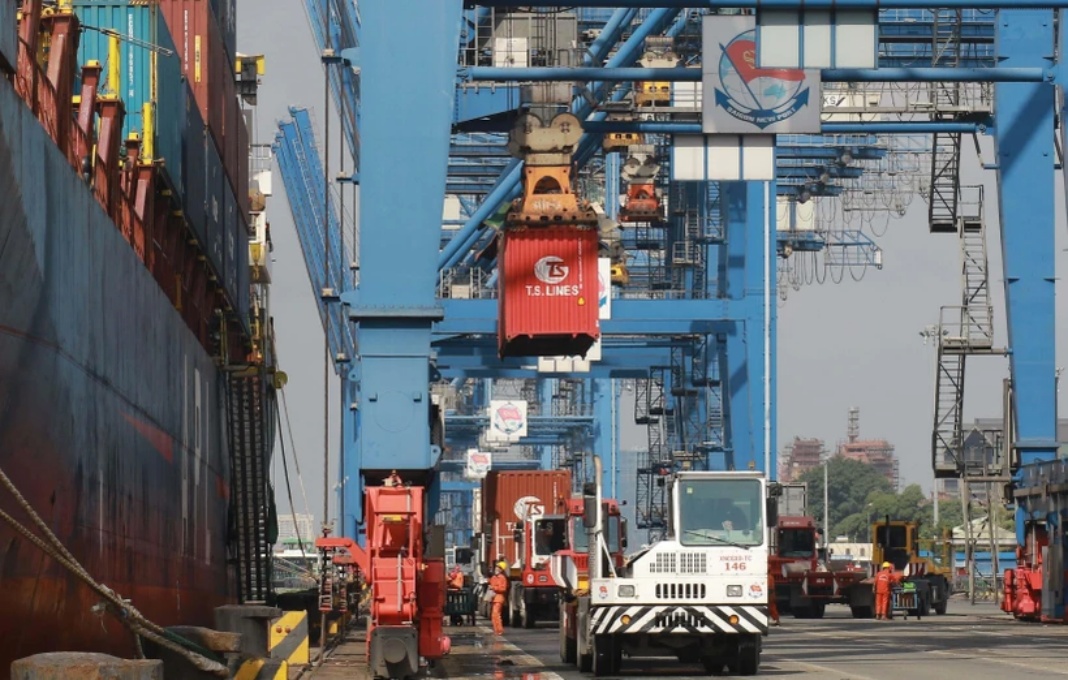HCMC – The Government of Vietnam has reaffirmed its commitment to achieving a GDP growth rate of 8% or higher in 2025, with a strong focus on macroeconomic stability and restructuring.
The Government on April 10 issued Resolution No. 77/NQ-CP in this regard following the monthly cabinet meeting for March and a teleconference with provincial authorities.
The resolution outlines key policy directions amid heightened global uncertainties and internal economic challenges.
The resolution notes that the global economic and political landscape remains complex and volatile, with ongoing military conflicts, escalating trade tensions, and disrupted global value chains. Domestically, the country faces increasing challenges such as extreme weather, electricity supply risks, and inflationary pressure.
The Government has asked ministers, heads of agencies, and local authorities to stay focused on implementing existing resolutions and directives, particularly Resolutions 01/NQ-CP, 02/NQ-CP, and 25/NQ-CP, as well as the prime minister’s instructions.
Among the key priorities outlined in the resolution are:
Prioritize efforts to vigorously promote high growth in tandem with maintaining macroeconomic stability, controlling inflation, and ensuring the major balances of the economy. Policies must be proactive, flexible, and responsive to arising issues, with the steadfast aim of achieving GDP growth of 8% or above this year.
Urgently complete the two-tier local government model; streamline the administrative apparatus in parallel with institutional improvement, aiming to enhance the effectiveness and efficiency of state management. Prepare thoroughly the content to be submitted to the 11th plenum of the 13th Party Central Committee and the 9th sitting of the 15th National Assembly.
Accelerate the disbursement of public investment capital; implement the three national target programs; and develop strategic, modern, and synchronous infrastructure. Public investment must take the lead in activating and effectively mobilizing social resources.
Strongly develop key economic sectors, especially processing and manufacturing industries and energy. Promote sustainable, high-quality agricultural production. Ensure national energy security and food security.
Expand and diversify export markets, goods, and supply chains; fully tap into the domestic market and stimulate tourism. Strengthen efforts to combat smuggling, trade fraud, counterfeit goods, and origin-related violations.
Focus on the development of science and technology, innovation, and emerging industries and sectors; promote comprehensive national digital transformation. Pursue substantial and meaningful administrative reform, remove obstacles for production and business activities, and enhance the competitiveness of the economy.
Effectively and promptly implement social security policies; improve the quality of public healthcare and human resources.
Strengthen national defense and security capabilities, maintain independence and sovereignty, ensure political security, public order, and social safety. Intensify anti-corruption, anti-negativity, and anti-waste efforts. Substantively and effectively carry out foreign affairs activities. Prepare thoroughly for the commemoration of major national holidays and events.
Continue to step up communication and public information efforts, especially in policy communication. Inspire motivation, build public trust and consensus, and foster a new momentum for national development.









